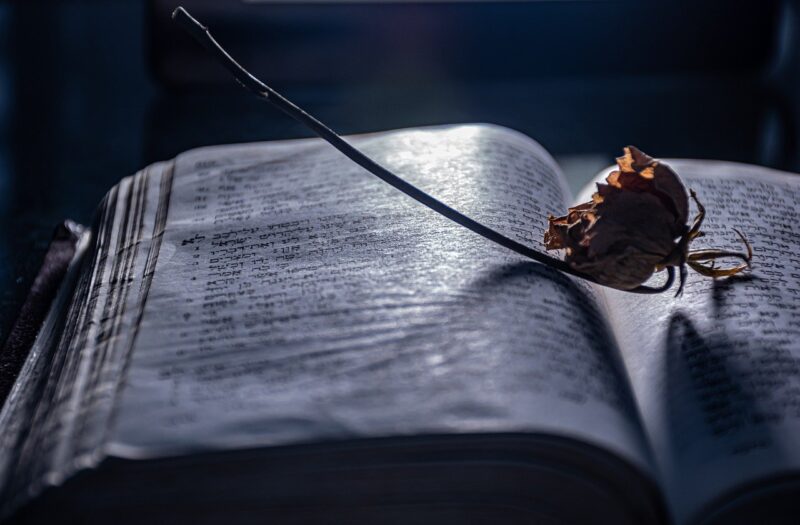The Role of Mythology in Modern Storytelling: How Ancient Myths Influence Movies, Books, and Games Today
November 11, 2024

Mythology has been a cornerstone of storytelling since ancient times, shaping cultural narratives and moral frameworks. From the epics of Homer to the tales of Norse gods, myths have explored the fundamental human experiences of love, conflict, creation, and destruction. In the 21st century, these ancient tales are not just historical relics; they continue to resonate across various storytelling mediums including movies, books, and video games. This article will delve into the fascinating ways mythology influences modern stories, demonstrating its enduring power and relevance in contemporary culture.
1. Understanding the Impact of Mythology
At its core, mythology serves as a way to make sense of the world. It encapsulates collective truths through symbolism, archetypes, and narratives that transcend time and culture. These stories often tackle themes of heroism, the human condition, and moral lessons, providing insight into cultural values and societal norms.
Modern storytelling retains these elements, illustrating that while the forms may evolve, the themes remain timeless. Tales like “The Hero’s Journey,” popularized by Joseph Campbell, further illustrate the universality of these archetypes, which continue to appear in contemporary narratives.
2. Ancient Myths in Film
Cinema has long drawn inspiration from mythology, crafting epic narratives that captivate audiences worldwide. Films such as “Clash of the Titans,” “Thor,” and even Disney’s animated feature “Hercules” are direct adaptations of ancient mythological tales. These stories are not only entertaining; they also explore profound themes related to destiny, power, and morality.
In addition to direct adaptations, many modern blockbuster films incorporate mythological narratives without explicitly referencing them. For example, Christopher Nolan’s “Inception” employs the concept of layered realities reminiscent of mythological storytelling, where dreams and realities blur, similar to tales from various cultures involving realms of existence. This subtle infusion of myths enriches the audience’s experience while providing deeper layers of meaning.
Moreover, the Marvel Cinematic Universe (MCU) brilliantly interweaves mythological tales and characters into its narratives. Loki, Thor, and other figures from Norse mythology become central to the plot, creating stories that resonate with both ancient themes and contemporary issues, such as identity and belonging.
3. Literature: Reviving Mythology
Literature continues to be a fertile ground for mythological exploration. Authors utilize mythological constructs to enhance their narratives, making complex themes relatable and accessible. For instance, Neil Gaiman’s “American Gods” melds ancient deities with modern society, exploring how mythology adapts to contemporary cultures. It raises questions about faith, relevance, and existence in a rapidly changing world.
Similarly, Madeline Miller’s “Circe” reimagines the life of the infamous witch from Homer’s “Odyssey,” offering a feminist perspective on a traditional tale. By rewriting a well-known myth from an underrepresented viewpoint, Miller’s work emphasizes the power of storytelling in shaping perceptions of gender, power, and identity.
4. Video Games: Interactive Mythology
In the realm of gaming, mythology serves as a rich source of inspiration for world-building and character design. Games like “God of War” and “Assassin’s Creed” draw heavily from ancient myths, integrating these narratives into gameplay mechanics and story arcs. Players embark on quests that echo the struggles and triumphs of legendary heroes, fostering a deep connection to these timeless tales.
Furthermore, the branching narratives in games allow for interactive storytelling that can explore moral dilemmas often found in myths. For instance, choices made in “The Witcher” series can lead to outcomes that mirror moral conflicts present in ancient tales, providing a thought-provoking experience that encourages reflection and engagement.
5. The Archetypes of Heroes and Villains
Mythology has established archetypes that serve as templates for characters in modern storytelling. The Hero, the Mentor, the Trickster, and the Shadow recognize essential facets of human experience and make narratives relatable.
– The Hero: From Gilgamesh to Harry Potter, the hero’s journey encapsulates growth, self-discovery, and overcoming challenges. This archetype resonates with audiences, inspiring them to embark on their personal quests for identity and meaning.
– The Mentor: Mentors like Gandalf in “The Lord of the Rings” or Yoda in “Star Wars” draw from mythological wisdom, guiding heroes toward their ultimate destinies.
– The Trickster: Characters such as Loki or Odysseus blend humor with cunning, serving to challenge norms and provoke thought.
– The Shadow: Representing internal conflict and dark aspects of the hero’s character, figures like Darth Vader exemplify the struggles individuals face within themselves.
As these archetypes evolve, they continue to shape new stories while maintaining roots in ancient mythology, highlighting the importance of character complexity in storytelling.
6. Conclusion: A Timeless Connection
The influence of mythology on modern storytelling is undeniable. From films to literature and video games, these ancient tales continue to inform and inspire creators. By preserving core themes and archetypes, mythology cultivates a dialogue that transcends generations, allowing us to explore our human condition through the lens of storytelling.
As we embrace the ever-evolving narrative landscape, the lessons embedded in mythology remind us of our shared experiences as humans, offering not just escapism but a reflection of our innermost struggles, dreams, and moral questions. Thus, the role of mythology in modern storytelling remains not only significant but essential for understanding ourselves and the world around us.








